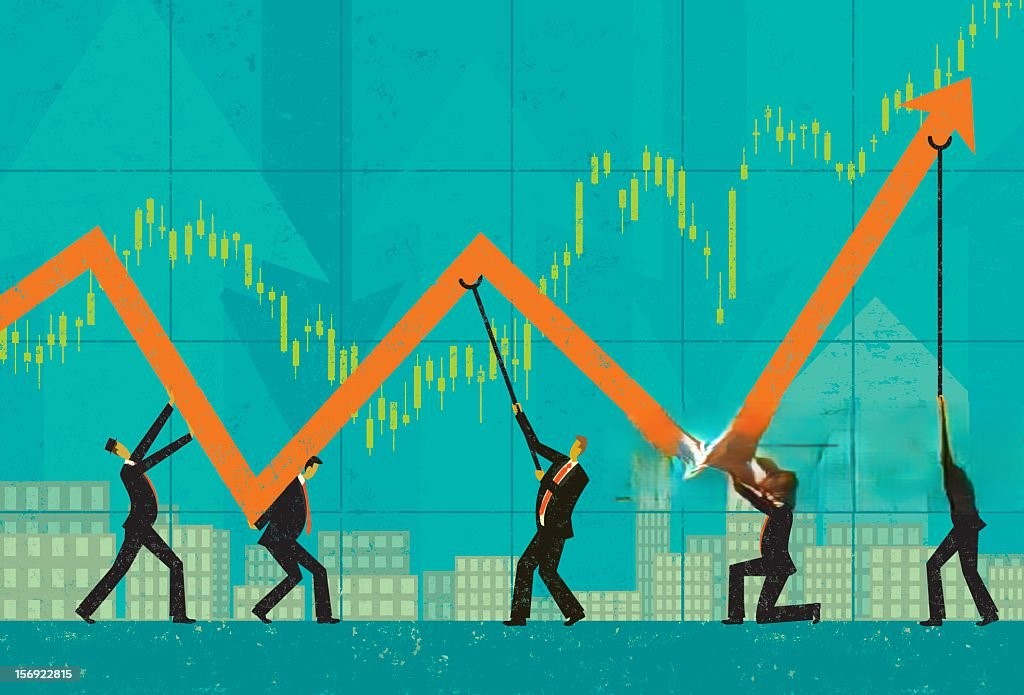Pakistan is at a turning point. Facing mounting economic pressure, the government has unveiled a series of new tax policies as part of the upcoming 2025–26 federal budget. Guided by the International Monetary Fund (IMF), these reforms are designed to stabilize the economy, broaden the tax net, and encourage fiscal discipline.
But what do these new measures mean for you, the average citizen, and the overall economy? Let’s break it all down in simple language. The new tax policies in Pakistan represent a bold step toward economic recovery and stability. Although they come with challenges, the aim is clear: to strengthen the country’s financial backbone, reduce dependency on loans, and pave the way for growth. As citizens, understanding and participating in this tax system is crucial for national progress.
Understanding the Need for New Tax Policies

Economic Challenges Facing Pakistan
Pakistan is struggling with high external debt, a widening fiscal deficit, and low tax revenue. With inflation affecting millions and foreign reserves constantly under pressure, the country needed a drastic shift in its fiscal strategy.
Role of the IMF and Global Financial Obligations
The IMF’s support comes with strict conditions. These include raising revenue through taxes, removing exemptions, and improving governance within the tax system. This budget is deeply influenced by those requirements.
Highlights of the New Tax Policies
GST on Petroleum Products
The government plans to impose a General Sales Tax (GST) of 3–5% on petrol and diesel, which could result in an increase of Rs8 to Rs13 per litre for consumers.
Expected Price Impact
This will directly affect transport costs, which could lead to price hikes across food, goods, and services.
Introduction of Pension Tax
A new pension tax of 2.5% to 5% will apply to retirees earning more than Rs400,000 per month.
Who Will Be Affected
This mainly targets higher-earning pensioners, while smaller pensions remain untouched.
Tax on Freelancers and Social Media Influencers
A 3.5% flat tax on income from freelancing, YouTube, TikTok, and other social media platforms is expected to generate Rs52.5 billion.
Expansion of the Retailer Tax Net
Retailers, especially in urban areas, will be more closely monitored. The IMF expects a Rs295 billion collection from this sector alone.
Sector-Wise Taxation Reforms
Oil and Gas Sector
The Petroleum Development Levy (PDL) will be increased, and a carbon tax may also be introduced.
Fertiliser and Agriculture Inputs
- Excise Duty on fertilisers to double from 5% to 10%.
- A 5% sales tax will also be imposed on pesticides.
Technology and IT Industry
- The Final Tax Regime (FTR) of 0.25% remains unchanged for IT exports.
- No plans to equalize tax rules between salaried and freelance tech workers, which may lead to confusion and tax planning loopholes.
Automotive Sector Changes
- A new policy may allow the import of used cars up to five years old.
- Gradual reduction in custom duties on imported vehicles.
Relief Measures Included in the Budget
Tax Relief for the Salaried Class
The tax exemption limit may rise from Rs600,000 to Rs800,000, along with a possible 2.5% rate cut in various tax brackets.
Increase in Minimum Wage
Minimum wages will likely be adjusted for inflation, ensuring basic relief to low-income earners.
Housing Finance and Subsidies
A massive plan to support 200,000 housing loans through interest subsidies is also included, aiming to boost real estate and construction sectors.
The Crackdown on Non-Filers and Tax Evaders
Strict Enforcement Measures
People and businesses not filing taxes will face stiff penalties and restrictions.
No Tax Amnesties
Unlike previous years, no amnesty schemes will be offered. Everyone is expected to come under the formal tax net.
Impacts on Common Citizens
Cost of Living Adjustments
With taxes on petroleum and utilities, prices are expected to rise, making it crucial for citizens to adjust their monthly budgets accordingly.
Inflation and Household Budgets
Even with inflation targeted at 5.77%, indirect taxes may erode the purchasing power of middle and lower-income groups.
Reactions from Key Stakeholders
Business Community’s Concerns
While larger businesses support documentation, many fear that excessive taxation might stunt growth and reduce profit margins.
Views of Economic Analysts
Experts believe these measures are necessary but tough, suggesting short-term pain for long-term gain.
Government’s Vision Behind These Reforms
Long-Term Fiscal Stability
The aim is to reduce dependency on external loans by increasing internal revenue collection.
Creating a Documented Economy
The government wants to shift Pakistan towards a more transparent and digitally tracked economy.
Comparison with Previous Tax Policies
Unlike past budgets focused on amnesty schemes and exemptions, this budget emphasizes broadening the tax base, removing loopholes, and taxing underrepresented sectors.
Challenges to Implementation
Administrative Capacity
The FBR will face serious pressure to implement these reforms efficiently and fairly.
Political Resistance
Some policies, like the pension tax and GST on petroleum, may be unpopular and face resistance in Parliament.
Public Awareness and Education
Importance of Tax Literacy
Without educating people on the importance of taxes, these reforms may face pushback or non-compliance.
International Perspectives
How Other Countries Are Viewing Pakistan’s Reforms
Global lenders and investors are watching closely. The IMF’s September review will heavily depend on how well these policies are implemented.
Future Outlook
Next IMF Review in September
If targets are met, Pakistan could secure further IMF funding, unlocking more investment.
Economic Growth Expectations
With GDP growth forecasted at 3.6–4.0%, successful tax implementation could steer the economy toward stability.
FAQs
Q1: Who will be affected by the new pension tax?
Only retirees earning over Rs400,000 per month will be taxed at 2.5–5%.
Q2: What is the tax rate for freelancers and vloggers?
A 3.5% flat tax will apply to all freelance and social media income.
Q3: Will salaried individuals get any relief?
Yes, tax exemption is likely to increase from Rs600,000 to Rs800,000, and tax rates may be reduced.
Q4: Are there any benefits for housing?
Yes, the government plans to provide subsidized loans for 200,000 housing units.
Q5: Will the price of petrol increase?
Yes, GST on petroleum could raise petrol prices by Rs8–13 per litre.


